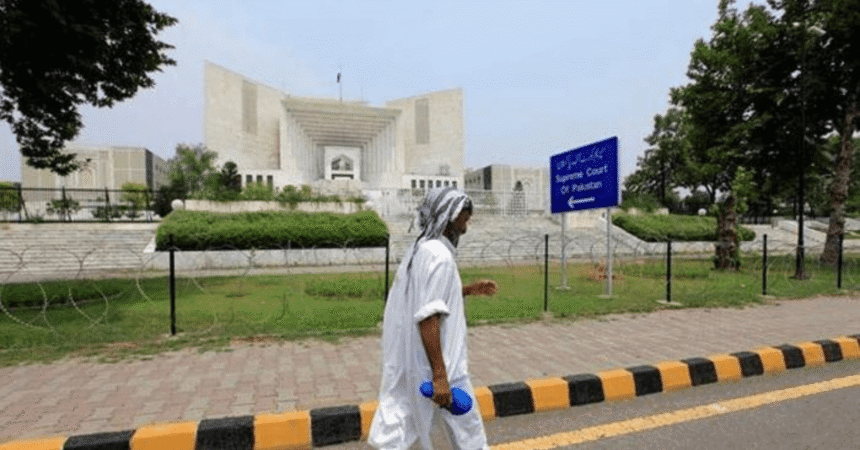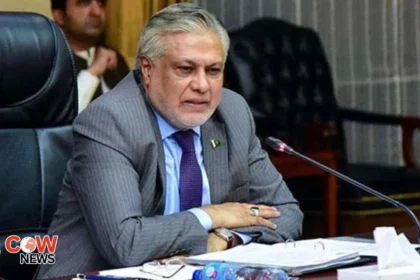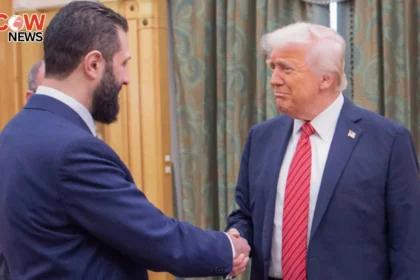ISLAMABAD: In a significant legal development, the Pakistan Tehreek-e-Insaf (PTI) party has filed a petition in the Supreme Court challenging the recently enacted Supreme Court (Practice and Procedure) Amendment Ordinance 2024. This ordinance, which was approved by the president and the federal government, has sparked widespread controversy and debate regarding its implications for judicial independence in Pakistan.
Overview of the Ordinance
The Supreme Court (Practice and Procedure) Amendment Ordinance 2024 was fast-tracked through the legislative process, receiving cabinet approval on September 19, 2023. The ordinance aims to amend the procedural framework under which cases are heard in the Supreme Court, introducing several new provisions intended to prioritize fundamental human rights and cases of public importance.
Among the key features of the ordinance are directives for the Supreme Court to record and transcribe all hearings, ensuring that these records are accessible to the public. Additionally, it establishes criteria for the court to consider when scheduling cases, aiming to streamline the judicial process. However, these provisions have raised serious concerns regarding the potential for governmental overreach into judicial matters.
The PTI’s Legal Challenge
The PTI’s constitutional petition, filed by party chairman Barrister Gohar Khan, asserts that the ordinance is unconstitutional and seeks to annul any decisions made by the newly constituted Practice Procedure Committee since its implementation. The petition argues that the formation of this committee violates the principles of judicial independence, which are essential for maintaining a fair and impartial justice system.
Key Points of the Petition
- Unconstitutionality of the Ordinance:
The PTI’s petition argues that the ordinance is ultra vires—beyond the powers granted to the government under the Constitution of Pakistan. The petition cites several constitutional articles that the ordinance allegedly violates, including Articles 4 (Right to be treated in accordance with law), 10A (Right to a fair trial), 19A (Right to information), 25 (Equality before law), and 175(3) (Independence of the judiciary). - Separation of Powers:
A fundamental argument presented in the petition is the violation of the doctrine of separation of powers. The PTI contends that the ordinance disrupts the delicate balance between the executive and judiciary, allowing the government undue influence over the operations of the Supreme Court. This could set a dangerous precedent where the executive branch could dictate judicial processes, undermining the independence of the judiciary. - Impact on Access to Justice:
The PTI highlights that the ordinance infringes on the public’s right to access information and justice. By allowing the government to control the order in which cases are heard, the ordinance jeopardizes the principle of fair trial. A judiciary that is susceptible to executive influence cannot guarantee justice for all citizens, particularly those involved in cases of public interest. - Legislative Overreach:
The petition asserts that the government lacks the constitutional authority to impose criteria governing the order of case hearings in the Supreme Court. This legislative overreach is seen as a means for the government to manipulate judicial proceedings, potentially shielding itself from scrutiny in cases of public concern. - Changes in Committee Composition:
The petition draws attention to the fact that the Chief Justice of Pakistan, Qazi Faez Isa, appointed the fourth senior-most judge to the Practice Procedure Committee while overlooking the second and third senior judges. This change, executed on the day the ordinance was published, raises questions about transparency and the motivations behind the appointments.
The Broader Context of Judicial Independence
The PTI’s legal challenge comes at a time when the judiciary in Pakistan faces increasing pressures and scrutiny. Historically, the independence of the judiciary has been a cornerstone of democratic governance in the country. However, various political regimes have attempted to exert control over judicial processes, raising concerns about the erosion of judicial autonomy.
Judicial independence is vital for ensuring that the legal system functions without interference from the executive or legislative branches. It allows the courts to uphold the rule of law and protect citizens’ rights. Any attempts to compromise this independence—such as through the imposition of ordinances like the Practice and Procedure Amendment—could have dire consequences for the integrity of the judicial system.
Public Reaction and Political Ramifications
The PTI’s petition has elicited a range of reactions from political commentators, legal experts, and the general public. Supporters of the PTI view the challenge as a necessary step to safeguard judicial independence, while critics argue that the party is exploiting legal avenues for political gain.
Legal analysts have pointed out that the outcome of this case could have significant ramifications for the future of governance in Pakistan. If the Supreme Court rules in favor of the PTI, it may serve as a precedent for future challenges to government overreach into judicial matters. Conversely, if the court upholds the ordinance, it could embolden the executive branch to further interfere in judicial processes.
The Role of Civil Society
Civil society organizations have also taken an interest in the proceedings, emphasizing the importance of maintaining an independent judiciary. Many advocates for justice and human rights have expressed concern that the ordinance could hinder the ability of courts to address critical issues, particularly those affecting marginalized communities.
By monitoring the case and mobilizing public support, civil society groups aim to raise awareness about the implications of the ordinance and the importance of judicial independence. They argue that a robust and independent judiciary is essential for protecting democratic values and ensuring that all citizens have access to justice.
Implications for Future Governance
The legal battle surrounding the Supreme Court (Practice and Procedure) Amendment Ordinance 2024 is not merely a legal issue; it is deeply intertwined with questions of governance, democracy, and the rule of law in Pakistan. The outcome of this case will likely shape the relationship between the judiciary and the executive for years to come.
If the Supreme Court rules in favor of the PTI, it may signal a robust defense of judicial independence, reinforcing the judiciary’s role as a check on executive power. On the other hand, if the court upholds the ordinance, it could signify a shift towards greater executive control over judicial matters, potentially leading to a decline in public trust in the judiciary.
The PTI’s challenge against the Supreme Court (Practice and Procedure) Amendment Ordinance 2024 is a pivotal moment in Pakistan’s legal landscape. As the Supreme Court prepares to hear the case, the implications extend far beyond the immediate parties involved. The outcome will likely influence not only the future of judicial independence in Pakistan but also the broader dynamics of power between the country’s political institutions.
#PTI #SupremeCourt #JudicialIndependence #Pakistan #ConstitutionalLaw #LegalChallenge #SeparationOfPowers







